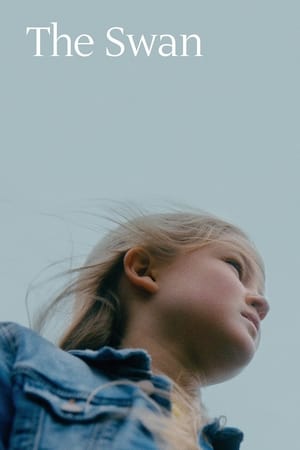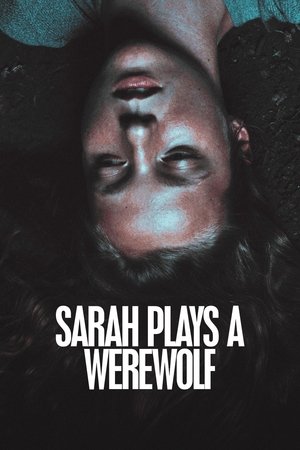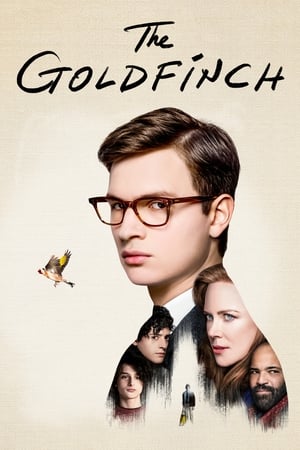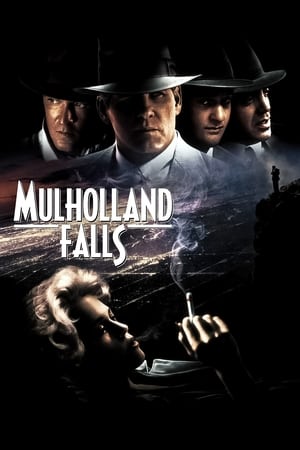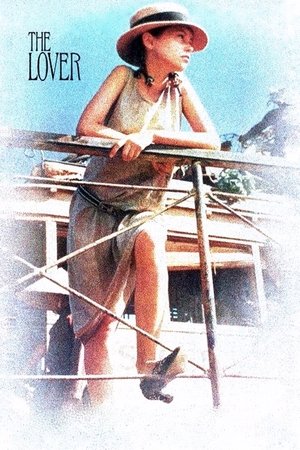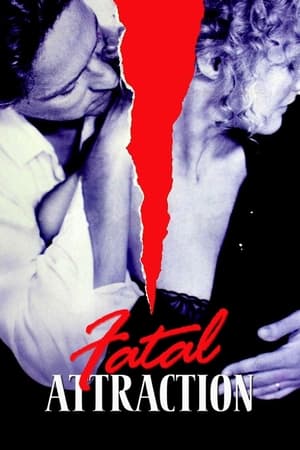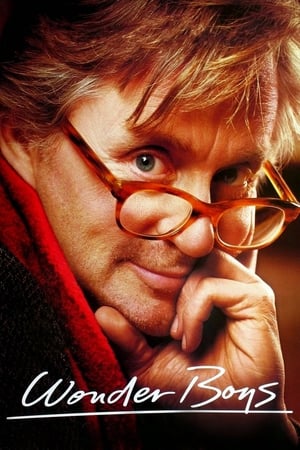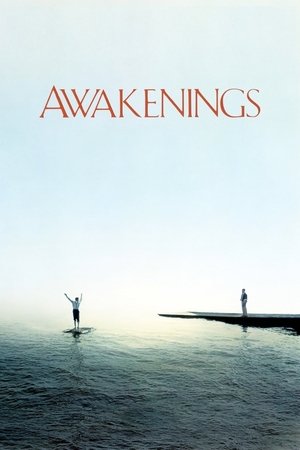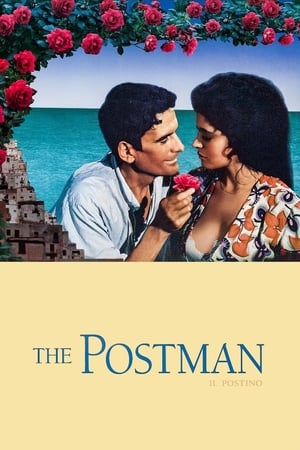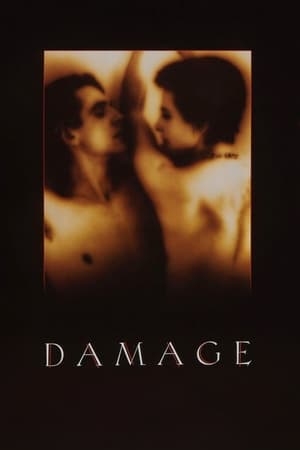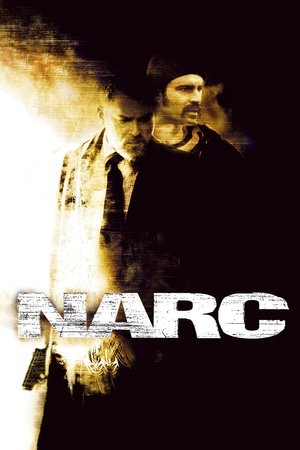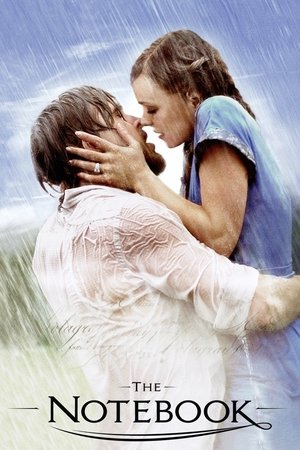Overview
Humbert Humbert is a middle-aged British novelist who is both appalled by and attracted to the vulgarity of American culture. When he comes to stay at the boarding house run by Charlotte Haze, he soon becomes obsessed with Lolita, the woman's teenaged daughter.
Reviews
Adrian Lyne’s Lolita (1997) is a haunting and provocative adaptation of Vladimir Nabokov’s controversial novel. Despite being over two hours long, the pacing felt just right. The first act didn’t drag at all, and the transition to the second act was seamless, keeping me engaged throughout the film. Every scene felt necessary, with nothing added unnecessarily to stretch the runtime.
The script was very well written and stayed true to Nabokov’s original novel. It captured the complexity of Humbert’s character and the disturbing dynamics of his relationship with Lolita. Jeremy Irons’ narration as Humbert added depth to the story, giving an intimate view into his twisted perspective while constantly reminding the viewer of the uncomfortable reality behind his justifications.
The cinematography was outstanding, moving in harmony with Humbert’s narration. The film’s focus on Lolita’s legs and feet was a subtle but powerful visual choice, directly reflecting the meticulous and fetishistic way Nabokov’s Humbert describes her in the book. He often noticed her bare feet, her sandals, and the way she moved, emphasizing her youth and innocence while twisting those details into objects of his obsession. The camera captured this fixation without needing explicit explanations, immersing the viewer in Humbert’s distorted mindset.
The soundtrack was beautifully done, complementing the film’s emotional shifts. It expressed Humbert’s feelings, from his infatuation and longing to his jealousy and guilt. The music never overwhelmed the scenes but added a layer of emotional complexity that made the film even more immersive.
Adrian Lyne’s direction brought intentional discomfort. The lingering on certain scenes and objects, like Humbert’s stairs, was not random. These moments were designed to make the viewer feel trapped in the same uneasiness as Humbert’s world. It forced me to sit with the moral weight of the story and think about the darkness behind Humbert’s actions. While they echo Humbert’s fixation and Nabokov’s descriptions, they can feel exploitative in a medium as visual as film. This stylistic choice makes the audience complicit in Humbert’s gaze, which is arguably the point, but it may alienate viewers or overshadow the film’s critique of his behavior.
Adrian Lyne’s Lolita is a visually stunning and narratively complex film, but it is not without its flaws. It is undeniably ambitious, tackling one of the most difficult stories in literature, and it does so with technical brilliance. However, the film's reliance on Humbert’s perspective and its sensual style raise questions about how effectively it critiques its protagonist and the story’s darker themes.

 137 min
137 min
 7.109
7.109
 1997
1997
 France
France
 RalphRahal wrote:
RalphRahal wrote: